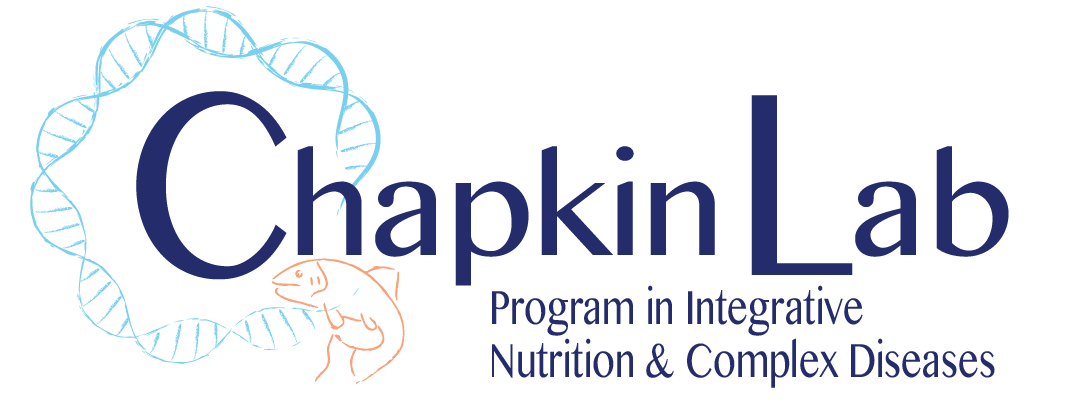Education
B.S., Texas A&M University, Nutritional Sciences, 2016
Ph.D., Texas A&M University, Nutrition, 2022
Biography
Michael Salinas is a Texas native from the Rio Grande Valley (RGV). He earned his Bachelor of Science (B.S.) degree in Nutritional Sciences from Texas A&M University (TAMU) while minoring in Genetics and Neuroscience. As an undergraduate, he participated in the Undergraduate Research Scholars program where he conducted original research and published an undergraduate thesis titled: “Determining the mechanisms by which membrane-targeted dietary bioactives reduce oncogenic KRas-driven nutrient scavenging.”
After graduation, Michael began his doctoral studies at TAMU in the Department of Nutrition. He conducted obesity and colorectal cancer research in Dr. Robert Chapkin’s lab. He is the recipient of the National Science Foundation (NSF) Texas A&M University System (TAMUS) Louis Stokes Alliance for Minority Participation (LSAMP) Bridge-to-the-Doctorate (BTD) Fellowship (2016-2018) and the Hagler Institute for Advanced Study HEEP Graduate Fellowship (2021). His doctoral dissertation is titled: “High-fat diet-induced obesity alters the biophysical properties of the plasma membrane modifying colonic stem cell homeostasis.”
Currently, Michael is a postdoctoral research fellow in Dr. Chapkin’s lab. His research project will involve investigating the impact of human milk oligosaccharides on infant gut health. The overall goal is to systematically assess the roles of specific human milk oligosaccharides, individually or in combination, on gene expression in specific intestinal cell types.
Research
Michael’s graduate research focused on determining the mechanisms by which high-fat diet and obesity increase the risk of colorectal cancer. Specifically, his work involves understanding the alterations of plasma membrane biophysical properties in diseased states. With these novel findings, he hopes to contribute to the ongoing research and provide innovative information that will promote utilizing nutrition as a preventive medicine.
Michael’s postdoctoral research will focus on examining the effects of human milk oligosaccharides on intestinal cell gene expression. Single cell RNA sequencing (scRNAseq) and spatial transcriptomics will be utilized to perform and assess differential gene expression, differentiation potency (cell stemness), and cell-cell communication. The use of single cell analyses allows for the determination of mechanistic pathways whereby specific human milk oligosaccharides and microbiota influence intestinal epithelial and immune cell function.

